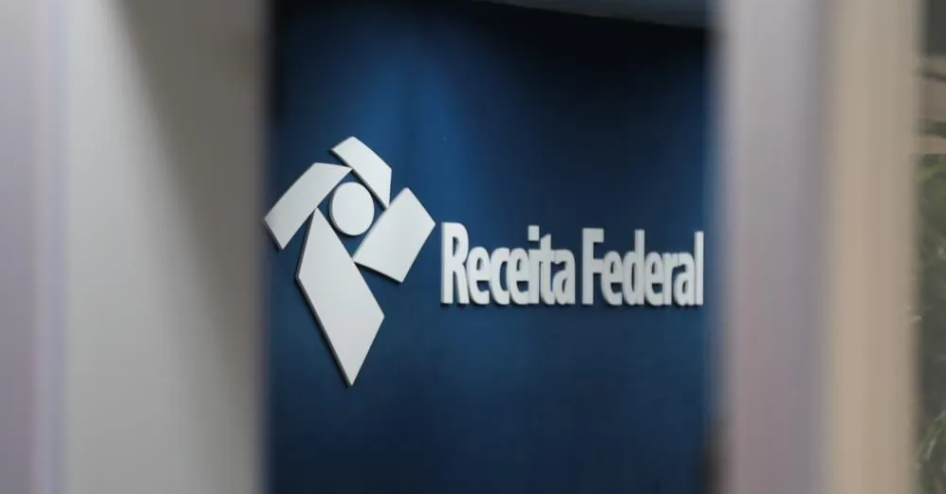A widely used corporate structure in the United States for tax efficiency purposes can expose Brazilian companies to tax infraction risks if not properly understood: the disregarded entity. Although fully recognized under U.S. law, it is often viewed more conservatively by the Brazilian Federal Revenue Service (RFB). This calls for heightened attention from Brazilian companies with foreign parent entities, especially those structured as LLCs (Limited Liability Companies).
In the U.S., a disregarded entity is a legally established business that is disregarded for federal tax purposes if it has only one member. Its income, expenses, and results are consolidated into the member’s tax return as though they were direct operations. This structure is widely used by companies and multinational groups to reduce administrative complexity, avoid double taxation, and maintain flexibility in managing global investments. However, this treatment does not automatically apply in Brazil.
Despite the benefits recognized by the IRS, the Brazilian Federal Revenue Service takes a different—and more stringent—approach to how these entities are treated for tax purposes. While the U.S. disregards the LLC for federal tax reporting, Brazilian tax authorities treat it as a fully autonomous foreign legal entity subject to Brazil’s foreign income taxation rules.
Many Brazilian companies with U.S.-based LLC parent entities—especially Brazilian holding companies with international investments—assume that profits earned by the foreign parent are only subject to Brazilian tax when actually distributed. However, the Brazilian Federal Revenue Service takes the position that even if an LLC qualifies as a disregarded entity for U.S. tax purposes, it is still treated as a separate legal entity under Brazilian law. As a result, profits generated by the foreign entity are subject to corporate income tax in Brazil, even if they remain undistributed abroad.
The Brazilian Federal Revenue Service has consistently reinforced this position in several formal tax rulings issued by its General Tax Coordination Office (Cosit Rulings), including Rulings No. 163/2017, 6/2018, and 309/2019. This interpretation is further supported by Brazilian Federal Revenue Service Tax Directive No. 1,520/2014, which consolidates the understanding that the legal form of a foreign entity takes precedence over its U.S. tax classification. As a result, disregarded entity LLC structures may be treated as artificial arrangements when used to defer profit taxation for Brazilian shareholders—leading to tax infraction notices, assessments, fines, and interest.
Maintaining legal certainty for Brazilian structures with LLC parent entities requires a strategic, multidisciplinary approach. Preserving the benefits of the U.S. structure while ensuring compliance with Brazilian tax requirements is essential.
Specialized legal advice is critical both during the initial structuring and for ongoing compliance. This includes setting accounting policies aligned with the tax authorities’ interpretation, properly handling the foreign parent’s profits, and, when necessary, reorganizing the corporate structure to mitigate risks and maintain tax efficiency within legal limits. In some cases, seeking a formal ruling or restructuring the entity to preempt challenges may also be advisable.
The disregarded entity remains a powerful international planning tool—but only when fully understood within the interpretive boundaries of each jurisdiction. In Brazil, U.S. tax efficiency alone is not enough; companies must also comply with the principles and regulations enforced by the Brazilian Federal Revenue Service.
Glossary
Brazilian Securities and Exchange Commission (CVM): The regulatory agency responsible for overseeing Brazil’s securities and capital markets, similar to the U.S. Securities and Exchange Commission (SEC).
Resolution No. 215: Regulation issued by the CVM in 2024, updating the rules for Public Tender Offers (OPAs) in Brazil, effective from 1 July 2025.
Brazil’s Corporations Law: The primary legislation governing corporate matters in Brazil, including shareholder rights and corporate governance.
General Tax Coordination Office (Cosit): The division within the Brazilian Federal Revenue Service responsible for issuing formal tax rulings and interpretations.
Tax Directive: A formal regulation issued by the Brazilian Federal Revenue Service to interpret and implement tax laws.
Tax Infraction Notice: An official document issued by the Brazilian tax authorities to notify taxpayers of violations, triggering tax assessments, fines, and interest.




